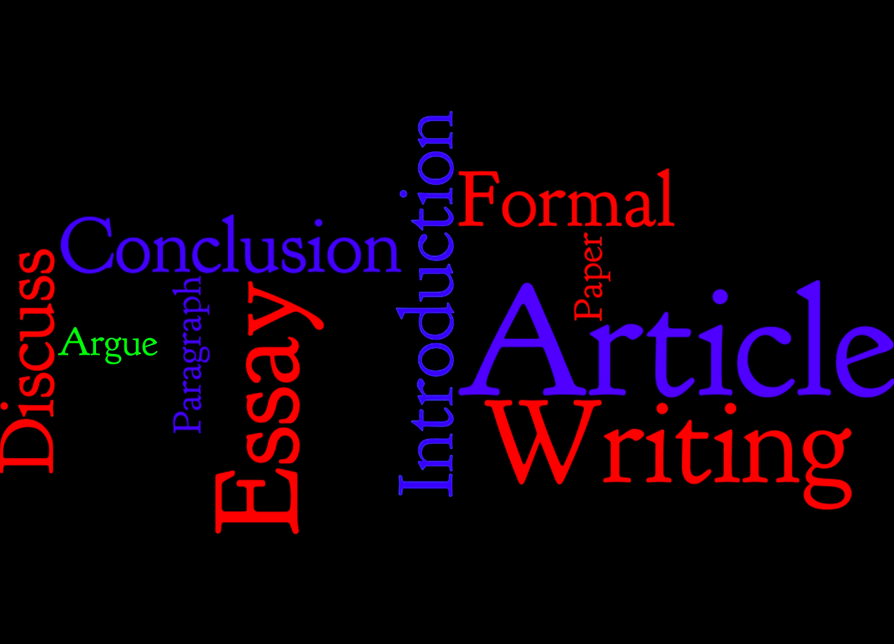How to Write an Article

In these assignments you are specifically asked to
- provide an introduction
- give a presentation of the issue
- discuss the issue
- give a conclusion
- find a suitable title
Although there are various article genres, they all have in common that they are fact-oriented, stick to the point and have a certain degree of formality and objectivity. In addition, they usually contain all the elements listed above.
An article is a piece of writing on a particular topic, written for publication. However, when asked to write an article at school or for an exam, you are expected to write an essay or paper ("stil" in Norwegian) unless a particular type of article is specified, e.g. a newspaper article.
Learn more about how to write an essay.
If you are specifically asked to write a newspaper article, we suggest you watch this animation:
If you are asked to write a letter to the editor of a newspaper, we suggest that you watch this animation:
If you are looking for general advice on article writing, have a look at the site How to write articles. It describes very simply and step-by-step how to go about writing all kinds of articles. It even allows you to submit your article and get feedback.
When writing articles and papers, you often have to do some research and consult various sources. Remember that your sources should be reliable. Furthermore, don't forget that you should be as independent as possible of the wording in your source.
Learn more about how to avoid being a "copycat" by watching this video on plagiarism.
If you want to know more about how to cite sources and write reference lists correctly, check this (Norwegian) site: Kildekompasset